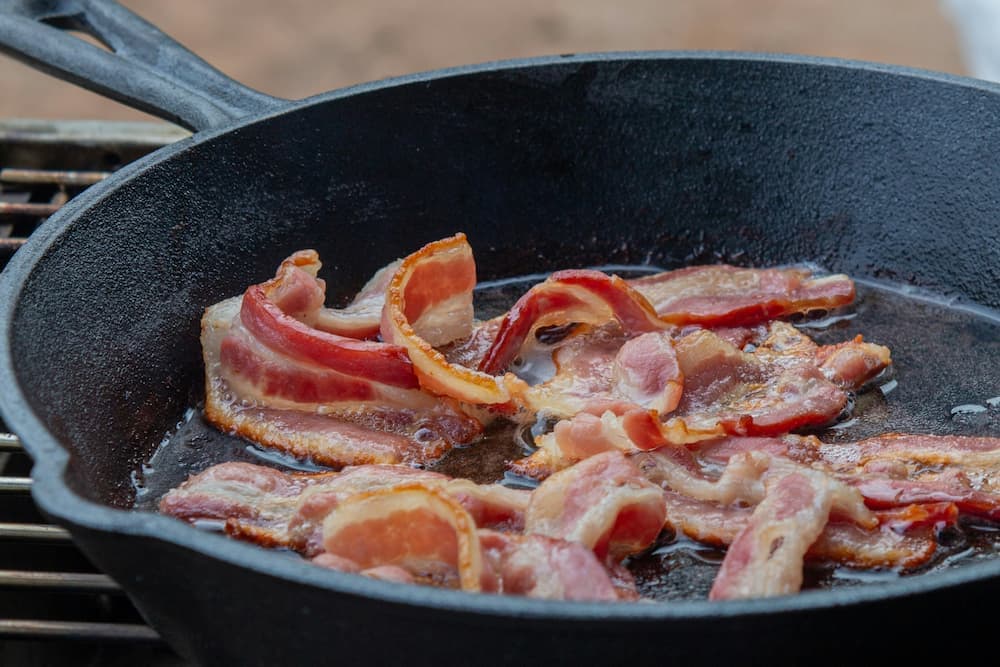
Hey, residents—let’s talk about something that could save your plumbing a world of trouble: keeping fats, oils, and grease (FOG) out of your drains. It might be tempting to rinse that greasy bacon pan or pour leftover frying oil down the sink, but trust us, your pipes will thank you for resisting the urge. When fats, oils, and grease hit your drains, they don’t just disappear—they cool, congeal, and cling to the insides of your pipes, setting the stage for nasty wastewater backups. Inspired by the smart advice from Colorado Springs Utilities (CSU) at csu.org/safety/prevent-wastewater-backups, here’s how to keep your home’s wastewater system flowing smoothly and avoid a messy disaster.
While it may be tempting to rinse food scraps with high volumes of fat, oil and grease down the garbage disposal, it can cause big problems later.
~ Colorado Springs Utilities (CSU)
Meats, sauces, dressings, deep fried foods, baked goods, cheese, butter and more can all collect and harden in your wastewater lines, eventually causing blockages and messy, costly backups.
Follow these five steps when doing dishes:
1. Wipe pots, pans and dishes with a paper towel before washing them.
2. Pour leftover grease into an empty can or container and throw away when it’s hardened.
3. Scrape food scraps into the trash to minimize garbage disposal use.
4. Cover drains with screens or catch baskets.
5. Consider composting food scraps.
So, what should you do with FOG instead? Simple: let it cool, then scrape or wipe it into the trash. Use a paper towel to clean greasy cookware before washing, and you’ll cut down on the gunk heading down the drain. Beyond grease, steer clear of flushing other troublemakers like paints or harsh chemicals—these can damage your pipes or solidify over time. If you’ve got a garbage disposal, run cold water while it’s grinding and for a bit after, but don’t treat it like a catch-all. Fibrous foods like celery, eggshells, or coffee grounds can tangle up the system, so toss those in the compost or trash instead.
Your private service line—the four-inch pipe connecting your home to the main sewer—is your responsibility, and it’s where most backups start. CSU recommends having it professionally cleaned if there is an issue. Roots love to invade pipes searching for water, and they’re a top cause of clogs.
Daily habits matter, too. Pop strainers in your drains to trap hair and soap, and clean them out regularly. Stick to biodegradable detergents, use soap sparingly, and keep your washer’s lint trap clear. These small steps protect your home and our shared system. While CSU maintains the main lines, they’re only liable for backups caused by their negligence—so take charge of your pipes.
Questions? Let us know and contact Hello Avenue today.
